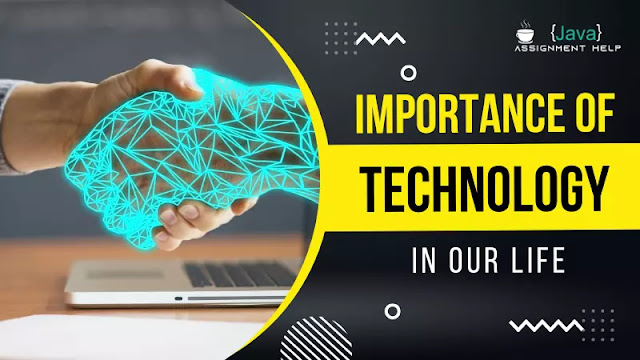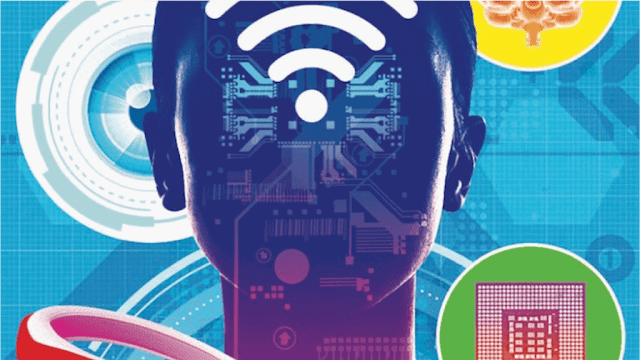The Importance of Technology in Our Daily Lives
As we move forward, technology will play an increasingly important role in every aspect of our lives. It will improve our ability to communicate, help us stay safe and secure, and give us more opportunities for creativity.
Americans are generally optimistic about the impact that technological change will have on their lives in the future. But they are also cautious about certain potential future developments in science and technology.
Robotic exoskeletons
A wide variety of exoskeletons are being developed to help people with different conditions, from limb regaining in spinal cord injury patients to supporting industrial workers. Some even incorporate built-in artificial intelligence to guide the device’s movements.
While exoskeletons can be powerful, they can also be bulky and heavy to transport. Depending on their design, they can be wired or battery powered.
To solve this problem, some manufacturers are looking at using built-in solar panels or kinetic energy harvesting devices. These methods don’t generate as much electricity as traditional batteries, but they do extend the wearer’s use of the exoskeleton and can be more efficient.
Recyclable tech
Today’s recycling systems can recover some used plastics, but not anywhere near enough. Increasingly, plastics makers are stepping up with significant investments and commitments to advanced technologies.
The next generation of recycling technologies uses heat, chemicals or both to break down used plastics into raw materials that can be reused. These new technologies can also reduce the need for fossil resources, which could help protect the environment and the global economy.
These technologies include enzymatic hydrolysis, gasification and plasma pyrolysis. Some of these processes are already commercially available, while others are still in the testing phase. These technologies have the potential to turn a large percentage of our used plastics into new products and packaging.
Farmland in unusual places
A growing number of farmers and agriculturists are taking on the challenge of cultivating food in unlikely places. These include high above a city, deep below ground and even onboard a ship.
The quest for a better way to grow crops is often fraught with peril, particularly in countries with poor or ailing infrastructure and low water availability. But there are some innovative answers that may help ensure a sustainable future for humanity.
While the practice of investing in farmland dates back to at least the early 2000s, it has only really gained momentum in recent years. In fact, there are now 166 funds globally that are specifically devoted to farmland investments, a nine-fold increase from 2005.
Solar panels
Solar panels, also known as photovoltaic (PV) cells, convert light energy into electricity. They’re now used in a wide range of applications.
They’re a renewable, environmentally friendly source of power that can be used in homes and businesses. They’re also a growing option for large-scale projects like solar farms.
However, solar panels are not without their drawbacks. For one thing, they take up a lot of space and can negatively impact water quality.
3D printing
3D printing is a process that lets people create three-dimensional objects out of digital files. While the technology used to be considered a novelty, it’s now being adopted by companies across industries for a range of applications.
One of the biggest benefits of this technology is that it can be used to create parts without using any traditional systems of production. This means that companies can make changes or repairs to their products quickly and easily, allowing for greater flexibility and cost savings.
3D printing can also help build structures faster in areas that are not accessible to conventional methods, such as refuges in natural disaster zones. It’s also helping to solve a number of sustainability issues, such as reducing waste and sourcing bio-based materials.
Artificial intelligence
Artificial intelligence (AI) is a set of computer algorithms that allow computers to process data and make decisions. It is used in many industries and applications, including cybersecurity, customer relationship management, internet searches and personal assistants.
AI can be used to replace systems, enhance them or complement specific processes. It also has the ability to improve productivity and efficiency by reducing human errors and mistakes.



Comments
Post a Comment